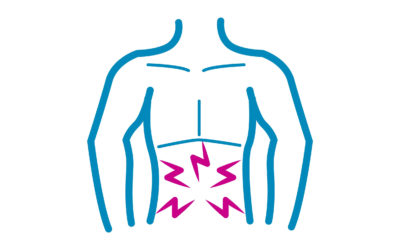Cataracts are the most common cause of reversible vision loss worldwide. They usually affect people 60 and over, but can affect someone at any age, even infants. Cataracts occur when the lens of the eye becomes cloudy or irregular, which distorts and limits the light entering the eye. Regardless of the type or onset, cataract removal is generally recommended when they affect vision to the point where it impacts a person’s quality of life.
Cataract surgery is the most common eye surgery worldwide and has been successfully performed for decades. Cataract surgery involves inserting tools into the eye that break up the lens, and remove it. A clear lens implant is then placed back into the eye where the original lens was located. Not only does this increase the amount of light getting through the eye, the implant can also correct vision, similar to glasses.
During the surgery, the capsule containing the cataract is opened from the front, the lens is removed, and the implant is placed back into the original capsule that once housed the cataract. This leaves the capsule intact on the back side and edges of the lens. This process and technique can lead to a very common condition after surgery known as “posterior capsular opacification” (PCO), sometimes referred to as a “secondary cataract”.
A secondary cataract is not like the original cataract. We only every grow one lens in our eye. However, PCO affects vision in many of the same ways the original cataract did. PCO arises as cells spread and multiply along the back side of the lens capsule. The most common symptom of PCO is blurred vision. Patients will often describe the sensation as a smudge or fog in their vision. This type of opacification can happen very slowly, or all at once. Most patients that have had cataract surgery will show some sign of PCO, however people will often only notice it when the haze progresses into their center vision.
Read our blog – Eyedrops after Cataract Surgery: What are they for?
Fortunately, the process of removing this tissue is much easier than cataract surgery. The treatment process involves the painless use of a laser to break up the hazy tissue behind the lens implant, reinstating a clear path for light to reach the inside of the eye. The procedure only takes about five minutes per eye, and the patient is able to go home shortly after. Depending on the case, the doctor may place patients on a week-long course of eye drops to control pressure and inflammation. As with any surgical procedure, the treatment is not without risk. Complications can include eye redness, light sensitivity, and retinal tear or detachment. The complication rate however, is very low, and the doctor will recheck your eyes approximately one week after the procedure to ensure everything is stable. For more information, talk to your doctor and see the links below.
References:
https://www.aao.org/eye-health/treatments/what-is-posterior-capsulotomy
https://www.med.umich.edu/1libr/Ophthalmology/Cornea/PosteriorCapusleOpacification.pdf












